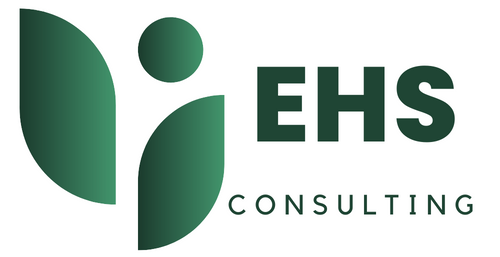Experience and knowledge
Remote work
Are you interested in working remotely?
or call: +48 887 043 666
Remote work is becoming increasingly popular around the world, and its development has accelerated recently due to the COVID-19 pandemic. As of April 7, 2023, employers in Poland may introduce remote work under the amended provisions of the Labor Code Act.
Remote work can be performed if it is properly organized, and the employee confirms that the place where remote work is provided, meets health and safety requirements.
What does it mean for remote work to be properly organized? What are the health and safety requirements for remote work?
FAQ
Do you have other questions?
Check out our Q&A – together we will dispel all your doubts!
1.
Contact
The first step is to contact us by phone or email
2.
Discussion
The second step is to find out the customer’s needs and propose terms and conditions
3.
Collaboration
The third step is to cooperate and start taking action
references
See what customers write about us
Great professionalism, the possibility of online services, as well as wide time availability. I wholeheartedly recommend Ms. Agnieszka Kuzmicka.
Piotr Błaszczyk
Tax Consultant at SWGK
Agnieszka provided health and safety training for the employees of my company. I recommend her as a very good and professional trainer. The whole process went smoothly and in a pleasant atmosphere.
Marcin Olejnik
CEO at Chatbots
I recommend 100 percent! A large dose of valuable knowledge. 10/10!
Aleksandra Taraszkiewicz
Aleksandra Taraszkiewicz – divorces, family and guardianship cases
REMOTE WORKING AND HEALTH AND SAFETY REGULATIONS – LABOR CODE
As a result of the amendments, the Labor Code also includes aspects of remote work, which thus translates into a number of obligations and opportunities available to employees and employers. There are several articles that are particularly worth paying attention to.
- 208 § 1 – cooperation of employers.
- 212 points 1 and 4 – organization of the workplace.
- 213 – construction or reconstruction of a building facility.
- 214 – work premises.
- 232 – meals and beverages.
- 233 – hygienic-sanitary facilities.
- 209(1) – first aid.
The other equally important issue concerns occupational health and safety rules for remote work, which specify the tasks that cannot be performed in this mode. This includes tasks such as:
- especially dangerous;
- where there may be an exceedance of permissible levels of physical factors;
- with chemical or biological factors posing a threat;
- resulting in intensive soiling.
H&S REMOTE WORKING AND THE EMPLOYER’S RESPONSIBILITIES – WHAT MUST THE EMPLOYER KEEP IN MIND?
The employer is obliged, among other things, to provide remote employees with materials and work tools, including technical devices, necessary for remote work.
The law also provides for the possibility for an employee to use their private work tools (e.g., a computer) if both sides of the employment relationship agree, provided that the employee’s private technical devices and other work tools used for work ensure work safety. In this case, the employee will be entitled to a financial equivalent agreed upon with the employer.
REMOTE WORKING VS. HEALTH AND SAFETY AND OTHER EMPLOYER OBLIGATIONS
- Providing installation, servicing, maintenance of work tools, including technical devices, necessary for remote work, or covering necessary costs related to the installation, servicing, operation, and maintenance of work tools, including technical devices, necessary for remote work, as well as the costs of electricity and necessary telecommunication services.
- Covering other costs directly related to performing remote work if such an obligation is specified in an agreement (made with trade unions) or regulations (or, in the absence of an agreement or regulations, in an issued directive or agreement made with the employee).
- Providing the remote employee with the necessary training and technical support for performing this work.
- Allowing the remote employee to be present at the workplace, contact other employees, and use the employer’s premises, social facilities, and social activities (on the terms accepted for all employees).
REMOTE WORK AND OCCUPATIONAL HEALTH AND SAFETY TRAINING – HOW CAN EHS CONSULTING HELP?
We assist in developing:
- Occupational health and safety instructions for remote work;
- Risk assessment for remote work;
- Agreements or regulations covering the scope of remote work.
We conduct initial and periodic occupational health and safety training for remote employees, which take place in a ‘live’ format through Microsoft Teams or Clickmeeting platforms. For periodic training, we offer e-learning sessions on our training platform. Take advantage of professional occupational health and safety services in Warsaw and online, and remote work health and safety will hold no secrets for you!








